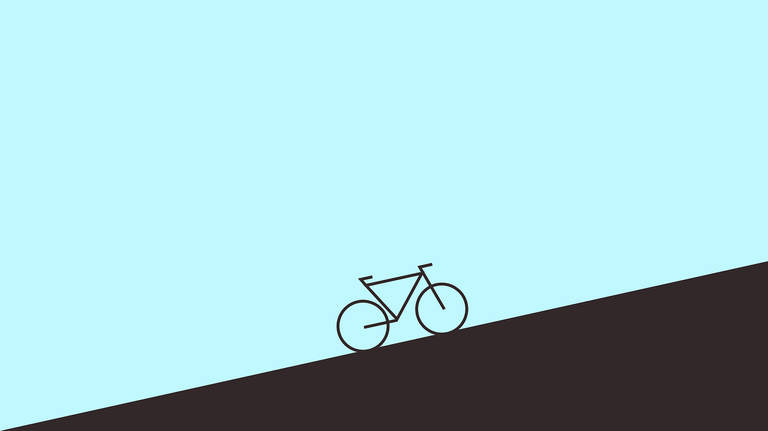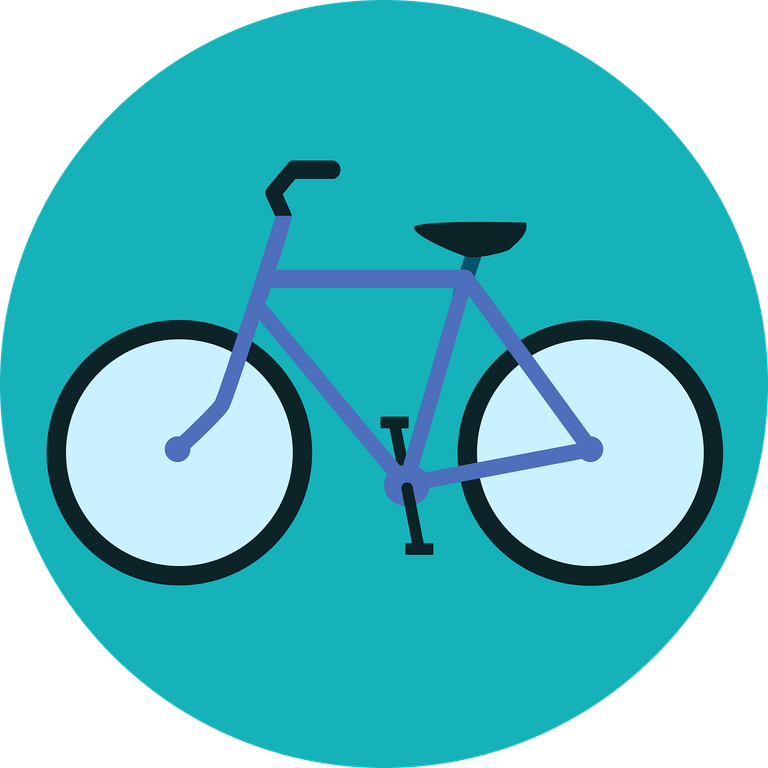
Cycling
Cycling permits excellent cardiovascular work
- Riding regularly at a moderate pace makes it possible to work the heart in good conditions. The latter thus gains in contraction power and works longer without any failure. This development of cardiac endurance leads to faster recovery and a significant reduction in cardiovascular risk. According to a study published by the British Medical Journal in 2011, half an hour of cycling per day would reduce this risk by two. It is important, however, to drive at your own pace and not to exceed your limits. You should not be breathless when pedaling (except of course during a long and difficult climb, which requires an intense effort.)
Cycling helps better breathing
- Speaking of breath, a regular activity leads to an improvement of the lung volume and consequently to an amplification of the respiratory capacities. Breathing becomes deeper, more efficient, and resistance to stress increases, leading to a gradual change in performance.
Cycling improves blood circulation
- Cycling is strongly recommended for people suffering from circulatory problems, the reinforcement of the cardiac endurance born of the cycling activity leading to better oxygenation / irrigation of muscles and organs (especially in the legs, very stressed). Physical activity also burns bad fats and promotes the entry of glucose into the cells (decreased blood sugar and insulin requirements). This results in a significant reduction in cholesterol, as well as a decrease in blood pressure and blood sugar.
Cycling accompanies weight loss
- Above all, cycling is a discipline especially recommended for people with overweight. In addition to facilitating and improving digestion with a very energetic massage of the intestines (decisive factor in the loss of weight), it allows to do sport without the major disadvantage of feeling its extra pounds. Overweight people will be more likely to be cycling than walking, as are elderly people (with a fragile metabolism and physical trauma).
Cycling allows to draw muscles
- Cycling carries a number of misconceptions, though mistaken. This discipline has often been criticized for causing a backward curvature due to the leaning position of the riders on their machine. Now, this position being the effect of muscular action, it does not in any way curve the vertebral column (as the passive inclinations taken by the pupils). Similarly, some people are convinced that the bicycle causes an excessive development of the leg muscles, especially the calves. A totally fanciful statement, since cycling is not a discipline where physical work is carried out in strength. Pedaling allows you to draw the muscles.
Cycling reinforces strength
- Like any regular physical exercise, cycling is also beneficial for maintaining muscle and bone. With regular practice, bone formation is stimulated and the strength of the skeleton reinforced, thus preventing the risk of osteoporosis (excessive fragility of the skeleton due to a decrease in bone mass and alteration of the micro-architecture bone). In addition, muscles and ligaments become more flexible and more powerful. According to the British Medical Journal, the reduction in the physical potential of a "regular" cyclist is thus less than 5% per decade after 30 years, whereas it is more than 10% for a sedentary person.
Cycling promotes relaxation
- Riding a bike also reduces nervous tension and anxiety, which is the source of stress. Physical activity leads to the production of endorphins (substances produced by certain brain cells with calming and euphoric properties), thus providing a feeling of psychological relaxation and well-being. An output adapted to his abilities will finally leave a feeling of physical fatigue very pleasant, thus facilitating a healthy and restorative sleep.
The cyclist develops the neuro-sensor system
- "The Little Queen" plays a fundamental role in neurosensory development. Thanks to contact with the environment, the cyclist develops his / her hearing (varied sound spectrum), his sight (visual field), his touch (accelerations and decelerations not undergone) and his sense of smell (sustained breathing).

Please support
Upvotes, Resteems and Suggestions are highly appreciable


Make the World Healthy Buddy, I support You, Upvoted You.
Thanks bro @looftee
I wouldn't mind some of that support and upvotes! :P
Upvoted.
Reminds me of my momma!
She used to cycle everyday and one day she never cycled back home.
so sad. Thank you man for your upvote I will follow you
I was just joking. :)
Funny account you see. Following you!
Have a good day
hahaha. Nice man. laughter is the best medicine
Indeed :)
Some Jokes are not so funny.
Doing it alone. And doing it faster. So it happens.
Open to feedback and suggestions!